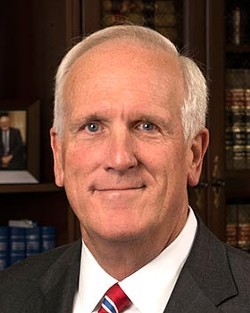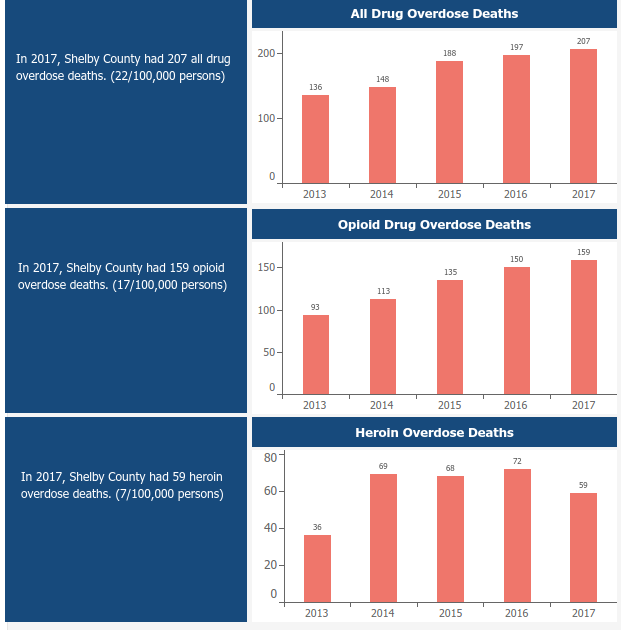 DEA
DEA
A Memphis woman is facing federal charges for attempting to get prescription drugs with fraud and forgery, the U.S. Attorney Office of the Western District of Tennessee announced Tuesday.
The Appalachian Region Prescription Opioid (ARPO) strike force helped indict 35-year-old Erin Pealor, along with 12 others in the region, for charges related to prescription drugs.
Pealor is charged with nine counts of attempting to acquire Schedule II controlled substances, like Ritalin, Adderall, Methylin, and Methylphenidate by filling out prescriptions with false or fraudulent patient names and forging the signature of physicians.

Pealor
The case against Pealor is the result of a combined effort by the ARPO strike force, the State of Tennessee Office of Inspector General, and the Drug Enforcement Administration.
U.S. Attorney D. Michael Dunavant of the Western District of Tennessee said opioid misuse and abuse is an “insidious epidemic” that causes individuals to engage in criminal behavior, which ultimately makes the epidemic worse.
“Just as this office will hold medical professionals accountable for over-prescribing opioids, we will also pursue federal charges against any person who exploits the medical profession for their own selfish desire to obtain highly addictive prescription drugs by dishonest methods,” Dunavant said.
[pullquote-2]
This is the second coordinated effort by the ARPO strike force to crack down on the distribution of opioids in the region. The first was in April when indictments were brought down on 60 medical professionals who allegedly distributed more than 23 million pills to patients.
That sweep resulted in indictments of 16 medical professionals in the Western District of Tennessee. Five of the defendants were from Memphis. Since that time, two of the five have pleaded guilty.
A day after being charged, Kathyrn Russel, a nurse practitioner from Memphis pleaded guilty to unlawfully distributing controlled substances. Officials Russel wrote prescriptions for opioids for non-legitimate medical purposes and outside the “usual course of professional practice.” In an eight-week period, Russel prescribed more than 7,800 oxycodone pills, more than 6,000 benzodiazepine pills, and more than carisoprodol pills, according to law enforcement.
Michael Hellman, a Memphis physician who was said to have prescribed Percocet and Promethazine with Codeine for non-legitimate medical purposes, pleaded guilty to one of distribution of a controlled substance and one count of conspiracy to distribute a controlled substance in July.
The ARPO task force, formed in October 2018, is a joint law-enforcement effort by the FBI, DEA, several U.S. Attorneys’ Offices, and others. The team’s mission is to identify and investigate health care fraud involving the illegal distribution of opioids. The strike force operates in 10 districts and has charged more than 70 defendants who together are responsible for distributing more than 40 million pills.
According to the Centers for Disease Control (CDC), 115 Americans die every day from opioid overdose. The CDC also reports that the number of drug overdose deaths in Tennessee rose to a record high in 2018, as the numbers went down nationally.
There were 1,837 drug overdose deaths recorded in Tennessee last year, 3 percent more than in 2017. Such deaths were down 5.1 percent across the country, marking the first decline of overdoses in 25 years. Read more about that here.
 Justin Fox Burks
Justin Fox Burks 
 DEA
DEA  Tennessee Department of Health
Tennessee Department of Health